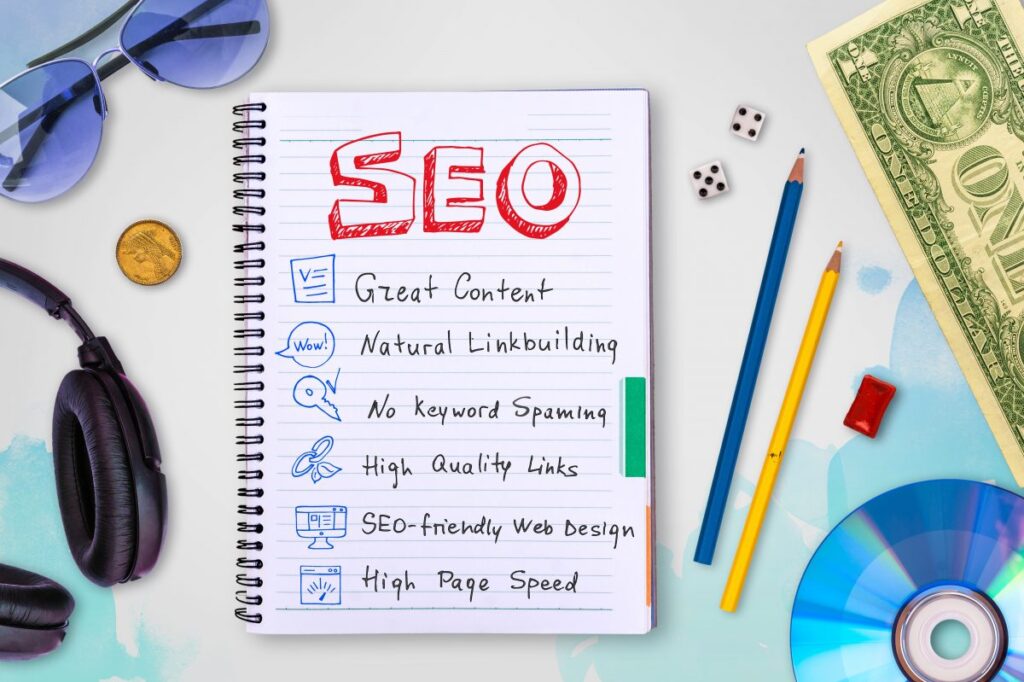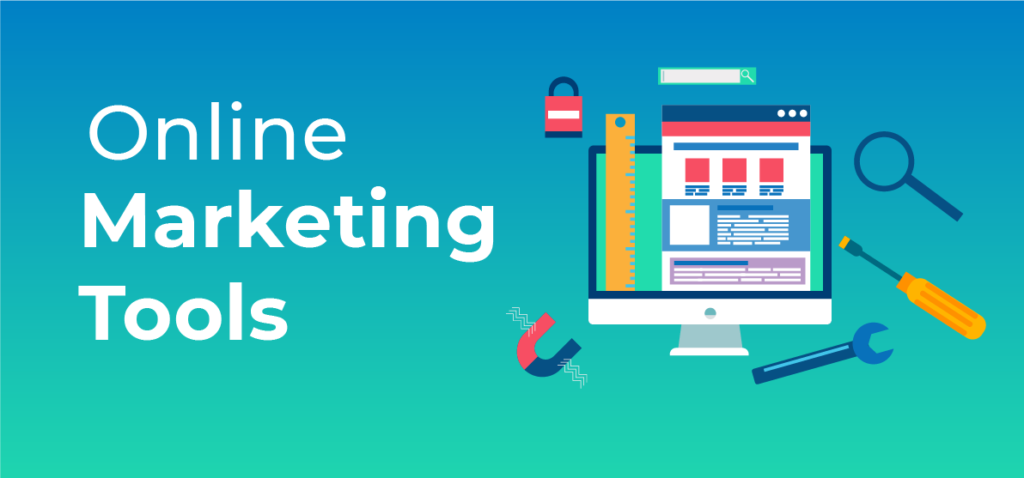In a new report from the Small Business and Entrepreneurship Council, it was found that 93% of small business users report AI tools to be cost-effective solutions to improve profits and drive savings. The same survey also found that 48% of small businesses have been using AI tools for a year, while 29% have been using them for one to two years.
AI is a helpful addition to your marketing toolbox, regardless of your marketing budget and team size. You can use it in different verticals of marketing from customer insights to automating social media tasks.
Keep reading to learn how to use AI for marketing in 2024 and beyond.
5 AI Marketing Use Cases With Examples and Tools
In HubSpot’s State of AI Report, 64% of digital marketers said they use AI tools.
The purpose or extent to which they use the tools varies, but 21% of respondents said AI is extensively used in their marketing workflows.
According to the same report, some top use cases of AI in digital marketing are:
- Data analysis and reporting
- Research
- Content creation
Below, we discuss these use cases and a few more, along with examples and tools that can help you implement AI in your marketing strategy.
- Customer Data Analytics
Are you having a hard time making sense of your customer data? AI can help you with that.
Traditional digital marketing tools give you analytics in a dashboard. However, you have to export this data and then piece it together to see the big picture.
AI can do the analysis part for you, summarizing the findings in easy-to-understand visuals.
Tweet about use of AI in analytics
Example: Suppose you’re running a Black Friday email marketing campaign. You can use AI to analyze data from previous years’ campaigns and predict which products or deals will perform best this year.
AI Data Analytics Tools
AnswerRocket is an AI data analysis tool that lets you ask questions in natural language and generates insights from your marketing data. Its co-pilot, Max, becomes your AI colleague. All you have to do is input your data sources and ask your questions.
AnswerRocket AI
PolymerSearch is another helpful tool that derives insights from your customer data. It integrates with a host of platforms, such as Shopify and Google Analytics. Polymer’s AI analyzes your data to automatically create dashboards and suggest rich insights.
Polymer Search AI
- Content Personalization
Personalization has become a huge component of marketing. People want businesses to tailor their experiences to individual needs rather than taking a one-for-all approach.
AI can help analyze your users and put them into groups for personalization purposes.
Example: You’re a bank, and you want to personalize your services for your clients. Use AI to segment your users according to their financial goals.
AI Personalization Tools
6Sense is an AI-assisted revenue intelligence program that analyzes intent data to show you what your audience is looking for. You can use this information to personalize the shopping and marketing experience for your customers.
6Sense use cases
Insider is another similar tool that personalizes website experience, site search, cross-channel customer journey, and product recommendations. Besides the web, it can also help personalize customer experiences on other channels like SMS, WhatsApp, and email.
Case Study: Coca-Cola used Insider’s features, like Social Proof and Overlays, to increase its conversion rate by 19% in just one month.
Coca-Cola Insider case study
- Social Media Automation
Social media is one of the most effective channels for businesses to reach their customers. However, it can be hard to stay on top of multiple platforms and create engaging content consistently.
That’s where AI can come in to help with social media automation. AI tools can assist in many social media marketing use cases, such as content creation, scheduling, and even customer service.
Example: Suppose you have a content idea, but you don’t know how to create a captivating post. An AI tool like Flick can generate multiple posts from a single content idea.
Social Media Automation Tools
FeedHive is an all-in-one social media tool with an AI writing assistant, AI predictions, AI-assisted content recycling, and more. The tool also generates high-performing hashtags and gives content performance reports for each social media channel.
FeedHive features
Hootsuite has added a ton of new AI features to its social media management suite. You can write content using Hootsuite’s Owly Writer or use existing editable templates to create new posts. Plus, you can manage all your customer DMs from a unified platform. Other notable features are content scheduling and integration with Zapier for app automation.
Hootsuite for social media scheduling
- Ad Targeting
Whether you run ads on Google, Facebook, or Instagram, AI can help you identify the most valuable audience segments for your campaigns. It can even write ad copy and design creatives that appeal to these audiences.
Example: You want to run a Google ad campaign for your e-commerce store, but you don’t know which demographics to target. An AI tool can analyze your website’s visitor data and suggest the most profitable demographics to target for maximum ROI.
AI-Powered Ad Targeting Tools
Albert.ai claims to be your ”self-learning digital marketing ally.” It helps maximize your ads’ performance within and across channels. Plus, it allows you to personalize your content and ads to different audience demographics. Albert’s ”no shopper left behind” philosophy ensures you reach new audiences without even spending an extra dime.
Albert AI
Skai is one of the best tools for omnichannel marketing, as it lets you bring all your ad campaigns under one roof. Its AI identifies investment opportunities throughout your media program to help you decide where you need to spend more.
Skai AI
- Building Chatbots
According to the 2023 Sprout Social Index, 54% of marketers plan to adopt chatbots in their marketing strategies. Chatbots help provide real-time and personalized interactions to your customers.
Their round-the-clock availability and quick response time make them an essential tool for customer service and lead generation.
Tweet about use of AI-powered chatbots
Example: You’re a retail store owner who wants to expand their business online. But you don’t have the resources to hire a dedicated customer support team. A chatbot can handle customer inquiries and provide personalized recommendations.
AI Chatbots
Intercom’s Fin is an AI chatbot built using Open AI. It can answer your customers’ questions and ask clarifying questions for further context. Since Fin takes information from your company’s knowledge base, it has minimal ”hallucinations,” which is when AI provides irrelevant answers to questions.
Fin chatbot
Ada is a useful chatbot if your business requires a ticketing solution that can also provide recommendations to customers. The chatbot provides tailored answers to questions and deflects repetitive tickets to maintain the efficiency of your support team.
Ada Ai
Conclusion
Now that you know how to use AI in marketing, you can start exploring different tools to incorporate AI into your marketing workflows. If you’re unsure about committing to a tool, use the free trials or demos to get a feel for how it works. Most importantly, AI supplements your marketing team and does not replace them.






